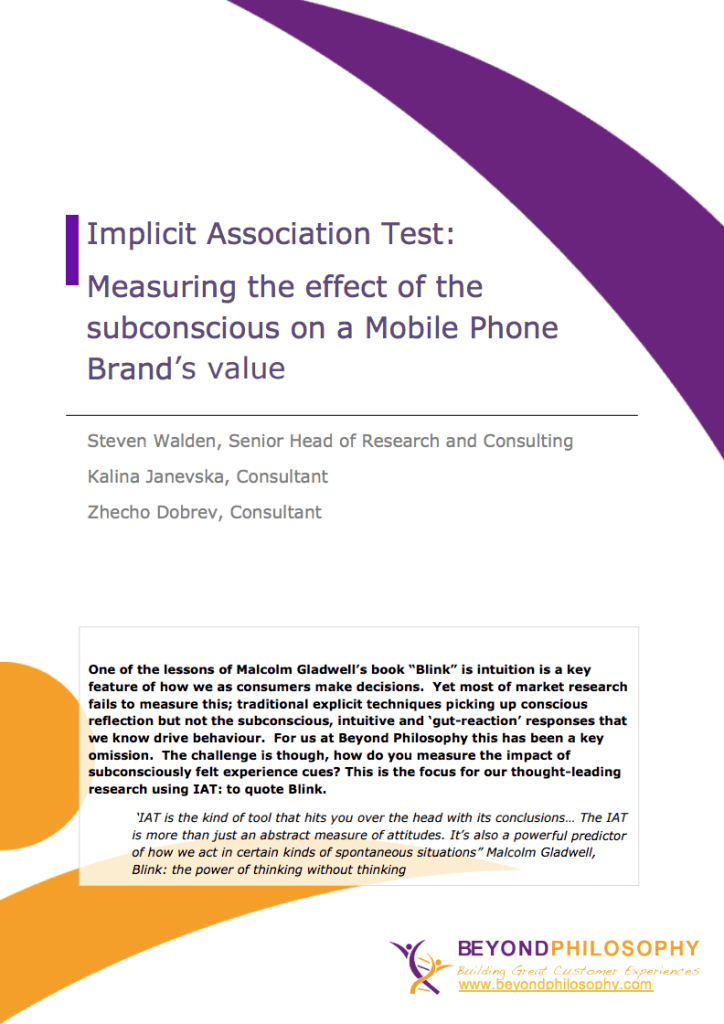
PRI Association is not responsible for any errors or omissions, for any decision made or action taken based on information on this website or for any loss or damage arising from or caused by such decision or action. The access provided to these sites or the provision of such information resources does not constitute an endorsement by PRI Association of the information contained therein.

PRI Association is not responsible for the content of websites and information resources that may be referenced.
#REAL OPTIONS VALUATION RISK CASE STUDY BOOK PROFESSIONAL#
All content is provided with the understanding that the authors and publishers are not providing advice on legal, economic, investment or other professional issues and services. The information contained on this website is meant for the purposes of information only and is not intended to be investment, legal, tax or other advice, nor is it intended to be relied upon in making an investment or other decision. This is particularly relevant to emerging markets. Our model presents a tool by which we might identify and prioritise matters to address with sovereign issuers. Indicate issues for dialogue: dialogue with sovereign issuers can be challenging and politically sensitive, but there can be opportunities to start discussions with officials from relevant agencies.Support reporting to clients on ESG-specific factors: the model’s ratings demonstrate how sovereign debt portfolios perform from an ESG perspective, on an absolute basis or relative to a benchmark.The model enables us to exclude or include issuers based on their ESG performance. Manage client-specific portfolios with ESG guidelines: we manage strategies for clients that specify that the overall ESG rating of portfolio holdings must exceed that of the relevant benchmark.Our country sustainability model supplies two further inputs to the FI group’s wider models, providing more in-depth information on their investment universe. ESG indicators can provide another angle. Expand the scope of our existing risk models: when making investment decisions regarding sovereign debt, and other related debt such as issues from state-owned enterprises where the sovereign is effectively the backing entity, identifying changes in economic conditions and the risk profile of the relevant country are key.We integrate the model scores within our research, which supports our investment decision making. Source: Insight Investment and Bloomberg Key takeaways This reflects the tendency for governance issues to have a greater short-term impact on a country’s creditworthiness, and the larger number of governance metrics within the model (see below).ĮSG score of countries according to income and GDP We have excluded 31 countries (which have very limited debt issuance) in the final output due to insufficient data across the underlying data sets.įinally, the ESG scores are combined to create an overall ESG rating, of which the environmental and social scores account for 30 percent, with governance scores accounting for 40 percent. In total, the model scores 186 countries.

Not all data sets include metrics for every country. Meanwhile, the model’s ESG momentum score, which illustrates a country’s improvement or deterioration with regard to ESG factors over a six-year period, can be used to identify longer-term trends, which may develop into material risks.The model’s overall ESG rating offers a snapshot of a country’s current standing regarding ESG factors, based on the latest available data.Insight’s country sustainability risk model generates two complementary ratings to give our portfolio managers greater insight over long-term trends: We built a proprietary model to help us better understand ESG risks at the country level across our portfolios. To ensure the relevance of our ratings for our FI strategies, we aimed to focus on metrics from credible sources that also have the potential to be material to country risks. We set out to build a ratings model that complemented our existing country valuation and risk models.

As a result, awareness of the materiality of risks, and the availability of tools to help make informed decisions, are lacking for sovereign debt investors, especially in emerging markets. However, most ESG analysis and research focuses on corporates – not countries. Insight believes that investing effectively in sovereign debt requires in-depth analysis of ESG matters.


 0 kommentar(er)
0 kommentar(er)
